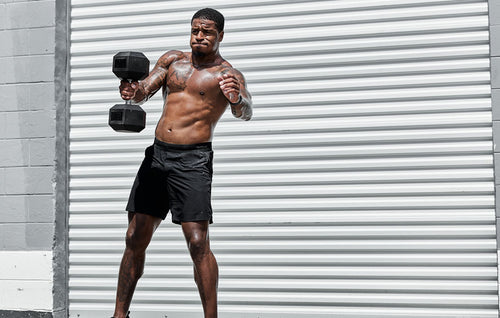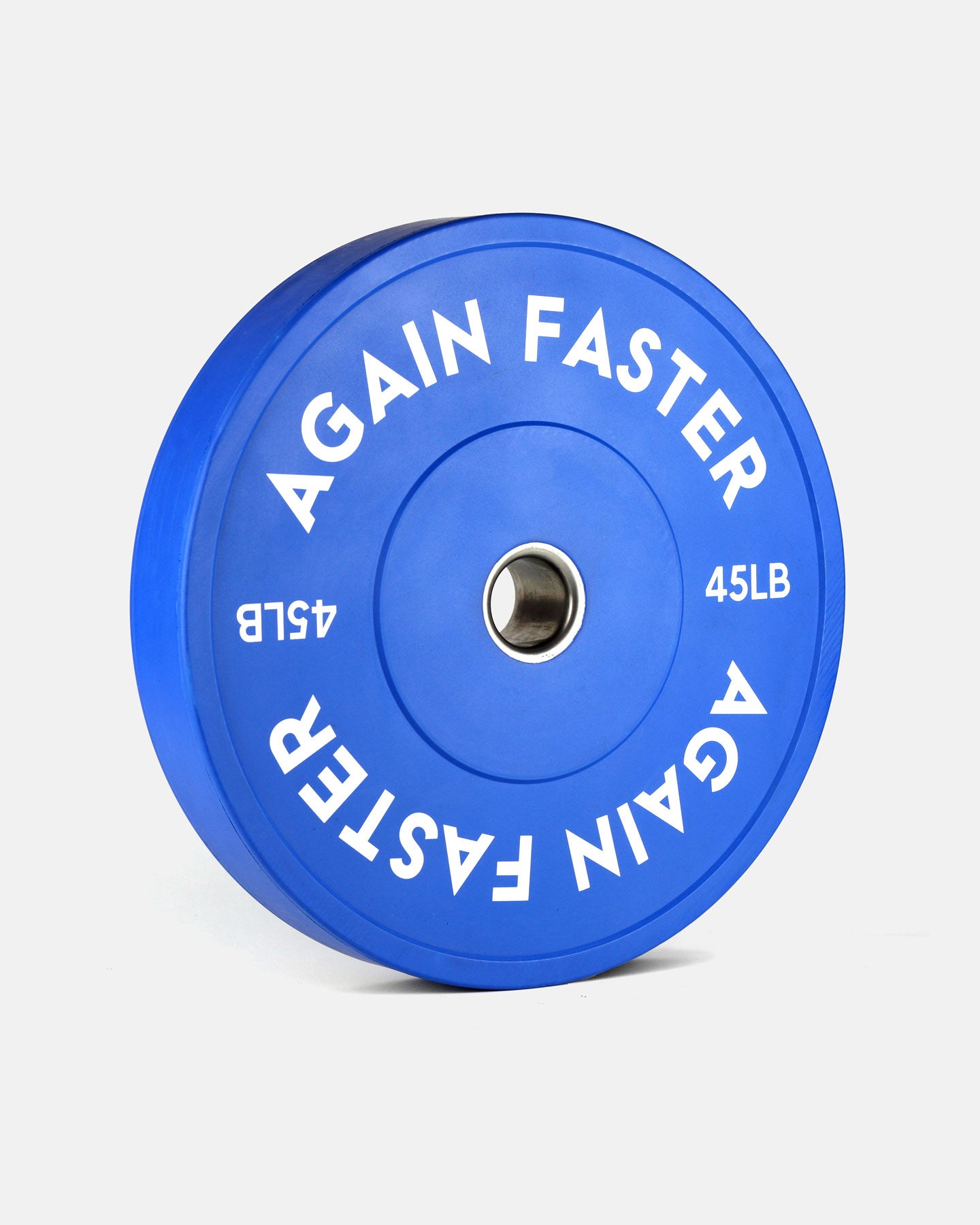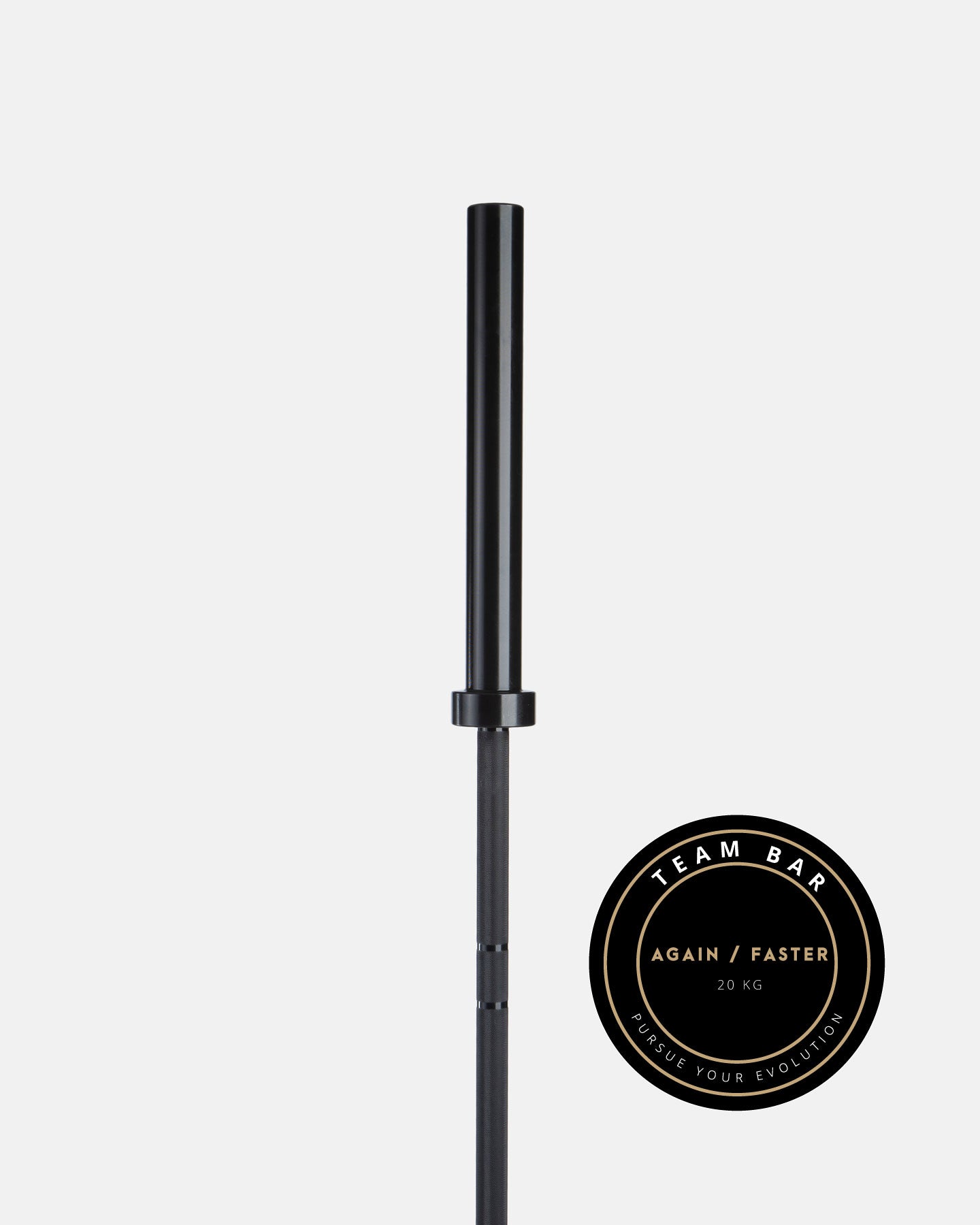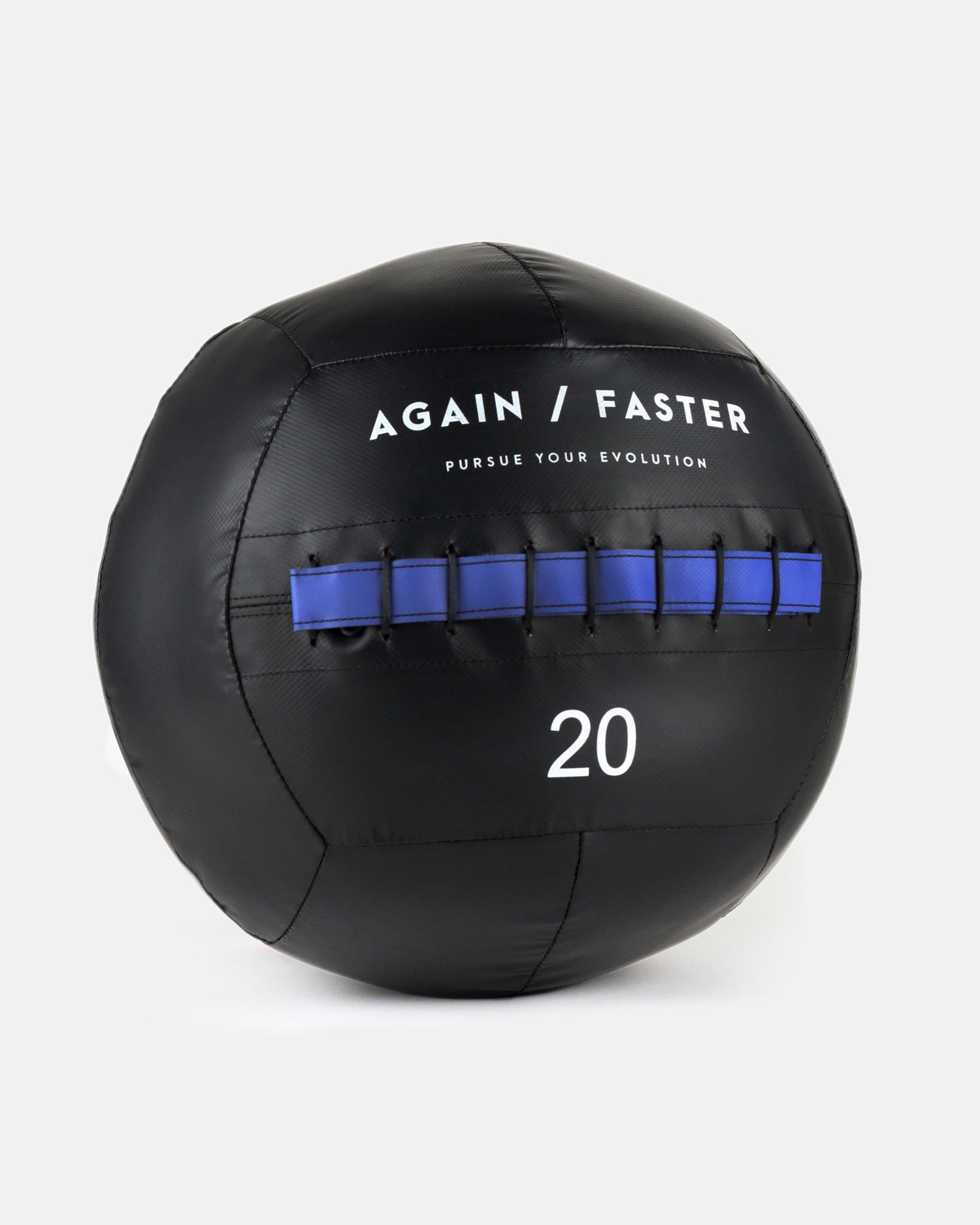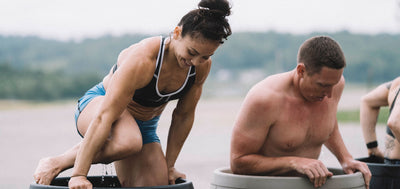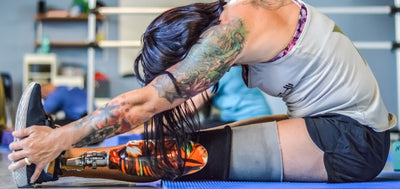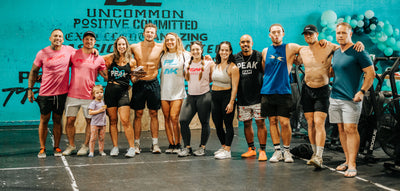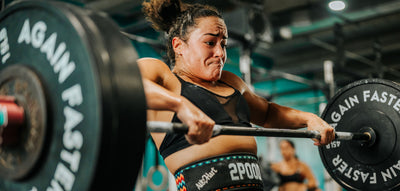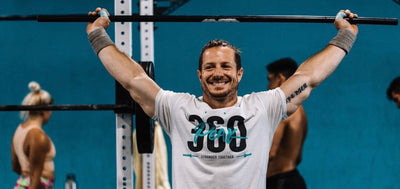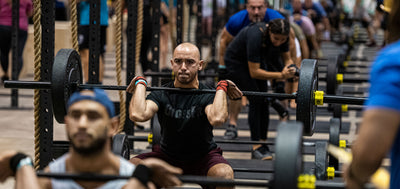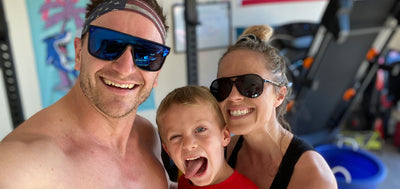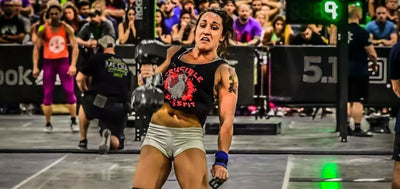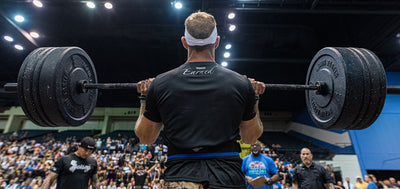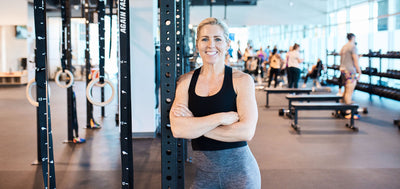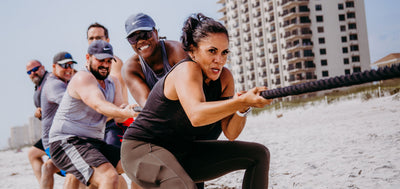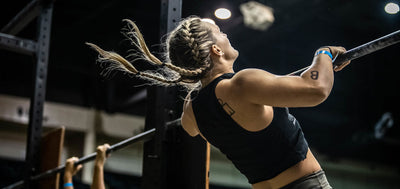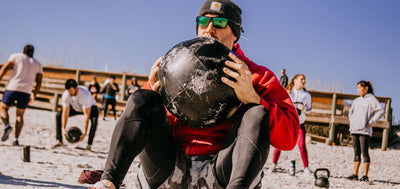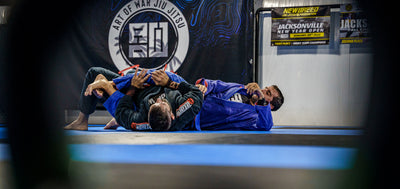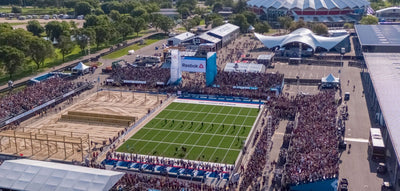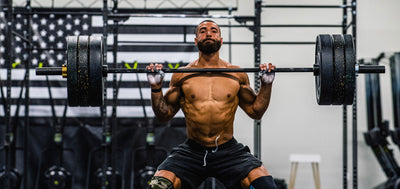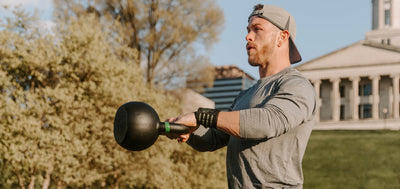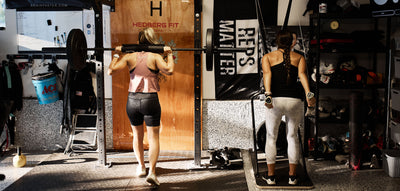First things first. Most people in Florida know this competition as the Bacon Beatdown. Tell us why you rebranded the event.
When you have an event with a lot of brand equity, there's obviously a risk in changing the name. But this isn’t a backyard throwdown anymore. The event has grown from a local comp in Florida, that pulled mostly from Orlando, Jacksonville, and Miami and is now a really big competition with national reach.
This year we have athletes from 30 states, 22 athletes from Puerto Rico, and others coming from South America. We’ve grown from 737 participants in 2019 and are expecting nearly 1,900 this year. I mean, there are only a handful on the planet that are that big on a regular basis.
Athletes’ expectations for the event has grown along with the size of the event. When it comes to the vendors that we have, the equipment we use, the event experience, the expectations are very high. The Atlantic Coast Classic is a much more representative name of our bigger, more professionally run event experience.
Why do CrossFitters like to compete?
Competition is the factor that drives people to stay with and continue in CrossFit. You'll get results doing other group fitness. But if you are a CrossFitter and this is what you do, a lot of it is because you found somebody that you can chase, or you can find somebody you can run away from. The reason people compete is because it's the ultimate test.
When most people start, there is usually a fitness related goal. Then at some point you get there and this is when people leave their regular gym because you were out of shape and now you wanted to look better and now you look better.
In CrossFit, once you've achieved that first goal, that's where competition comes in. You see people go to a competition as a beginner, intermediate or don't even compete. They just walk in that room. And they're like, oh, I want to get out there. Once they do, it's just so much fun and there's so much juice.
Or they compete and say, well, I thought I was good at this, but I'm actually not that good at that. If I hadn't tripped on my double under six times, I would've beaten these six guys and I would have finished fifth instead of ninth. So I'm going to go back and I'm going to work. For many athletes, the competition gives them the next reason to go hard at the gym.
